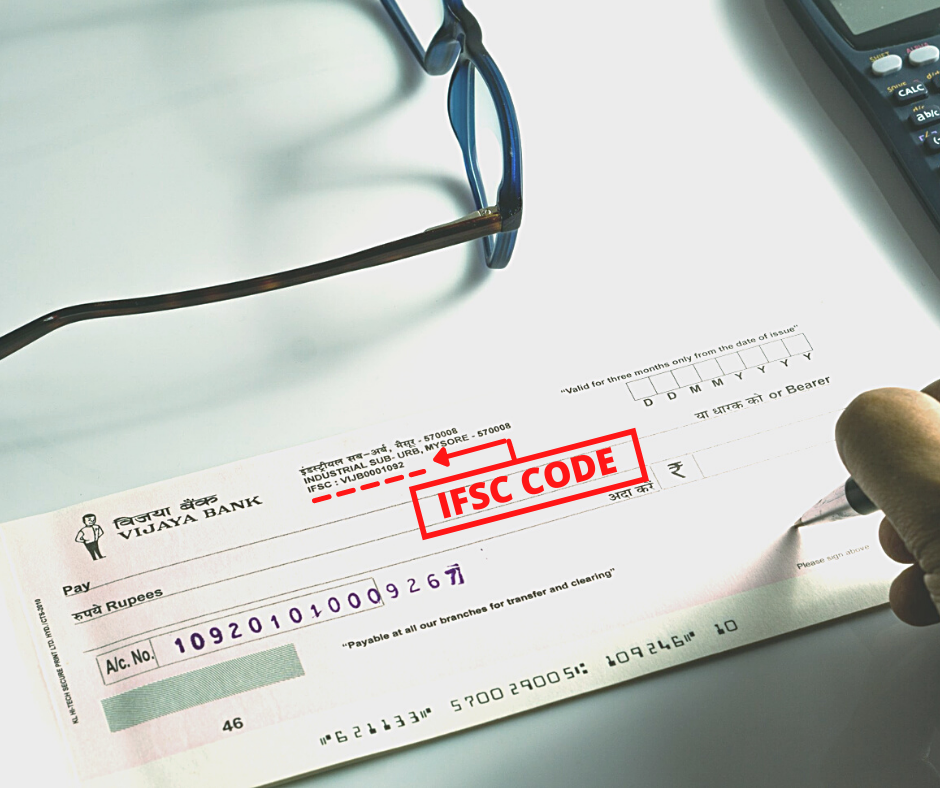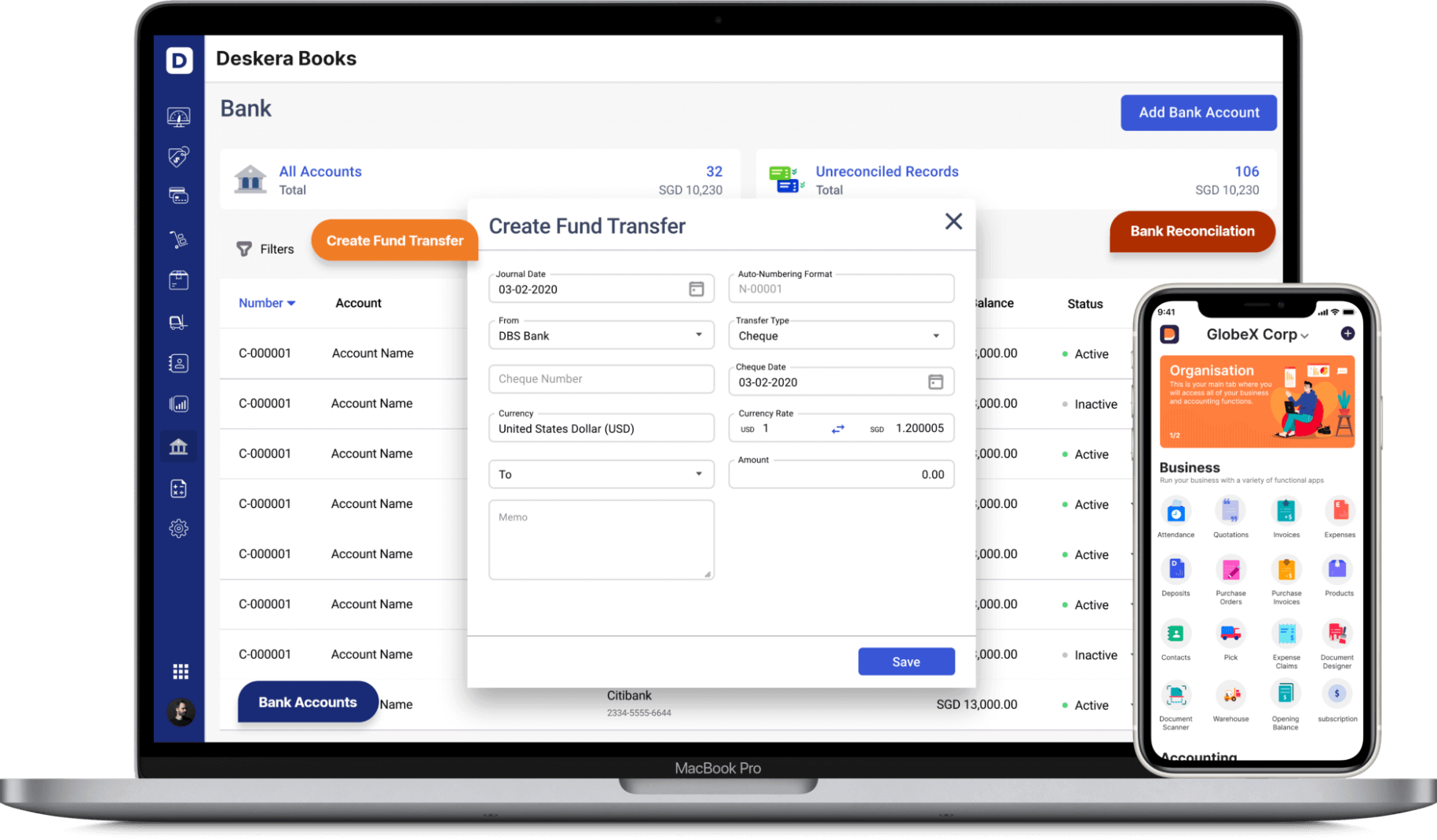You must have come across the word IFSC at some point or the other. But do you know why it is used and how to use it? If the answer is no, you have landed at the right place. This article talks about the IFSC codes in India.

If you have an account based in India, you will have to provide the IFSC number for the bank holding the account. IFSC or Indian Financial System Code is an 11-digit alphanumeric code that is used by all banks in India when arranging electronic payments, including Real-time Gross Settlement RTGS payments and NEFT payments.
However, getting the right IFSC code is vital to ensure that your money arrives on time. It is also important that the money gets transferred to the correct bank account in India. Read this article to know more about IFSC codes in India.
What is the IFSC Code?
Each branch has a unique identifier, known as its IFSC code. Indian Financial System Code (IFSC) is an 11-characters long code that is present on Indian cheques and other bank materials. You can relate the IFSC code as the bank branch equivalent to the postal code that determines its exact location. Every bank branch has its own IFSC code that enables users to make electronic funds transfer easy. The IFSC code makes sure that the money is transferred to the right account.
IFSC code is used by electronic payment system applications such as real-time gross settlement (RTGS), NEFT, and Centralised Funds Management System (CFMS). This fund is mandatory for fund transfers from one account to another.
In an IFSC code, the first four characters represent the bank and the last 6 characters represent the branch. The 5th character is zero.
For example, for SBI, the first four digits will be ‘SBIN’, the last six digits will represent the specific branch code. IFSC Code of the SBI branch at 23, Himalaya House, Kasturba Gandhi Marg, New Delhi 110001, is SBIN0005943. So, here, 005943 is the branch code.
If you want to initiate the fund transfer between two branches, you need to have the IFSC code of the receiver bank along with the account number of the recipient.
How to Search for IFSC Code?
The IFSC code can be searched easily. For example, if you own an account with the State Bank of India (SBI), then you can find the IFSC code printed on your chequebook as well as on the front page of your bank passbook. If you don’t have a chequebook or passbook, you can simply just Google the IFSC code.
Let’s take a look at some popular banks with their IFSC Codes:
Why is IFSC Code Important?
There are many reasons why the IFSC code is important. Let’s take a look:
- IFSC code plays an important role when it comes to electronic money transfers. It is a must-have requirement if you want to make any kind of online bank transaction. Also, it helps to streamline the process of payments within the different bank branches across the country.
- RBI maintains all the records related to bank transactions through IFSC codes. This helps RBI to identify, monitor, and authenticate fund exchanges during banking transactions.
- While doing NEFT, RTGS, or IMPS transfer, IFSC code provides an accurate idea of the bank branch where the account of the receiver is.
- No one can initiate a fund transfer without an IFSC code. Furthermore, it is environment-friendly as everything is done online without the need for paperwork.
- IFSC codes contribute to the growth of the country by facilitating a fast business process.
- Payments for travel and bill/bookings can also be done through IFSC codes.
IFSC codes - Some Facts to Consider
There are some unknown facts associated with IFSC codes that you need to know. Let’s take a look:
IFSC Code is Allocated by the RBI
You must be thinking that IFSC codes are created by the banks themselves. This is a misconception! The truth is that the complete authority of IFSC codes belongs to the Reserve Bank of India. RBI is associated with allocating and generating IFSC codes for different banks across the country. It maintains a record of IFSC codes for various bank branches to make the online fund transfer process seamless.
You can even search the IFSC code of any bank by visiting the official website of RBI. The link provided in the footer menu of the website will take you to a page where you can choose your preferred bank from the drop-down menu. Then, type the branch name to get the IFSC code of a particular branch within India.
Inimitability
Every bank has a unique IFSC code. For instance, you can relate it to the PNR number of the train, which is used to make sure that no passengers book the same ticket on a train. These codes are generated in order to ensure fast and hassle-free electronic fund transfer. Even RTGS and NEFT transfers are done based on the account number and IFSC code only.
RBI has Complete Authority Over IFSC Code
When it comes to generating, altering, allotting, or cancelling IFSC code, the Reserve Bank of India has sole authority. Usually, the Reserve Bank of India does not change the IFSC code but it has the authority to make any changes related to the IFSC code. In case, the IFSC code gets changed, the new code can be easily availed from the bank. The account holders have to ask for a new chequebook with the new IFSC code printed on it.
Prone to Errors
You can even make a mistake and enter the wrong IFSC code. With this wrong IFSC code, the transaction can’t be processed. In such cases, the money is reverted to the sender’s account. The probability of the money getting credited to the sender’s account is very less. Although there are ways to recover the money, the process takes some time.
What is MICR Code?
MICR or Magnetic Ink Character Recognition Code is a 9-digit code that is printed on cheques and the first page of bank savings account passbook. It helps to identify a particular bank branch that is part of the Electronic Clearing System (ECS). MICR Code comprises of three parts:
- The first three digits represent the city (city code). They are aligned with the PIN code we use for postal addresses in India.
- The next three digits represent the bank. (Bank code)
- The last three digits represent the branch. (Branch code)
MICR code is used while filling up various financial transaction forms such as investment forms or SIP forms or for transferring funds.
IFSC FAQs
Is there any difference between the IFSC code and the SWIFT code?
With a number of acronyms in banking, managing your money can be difficult. Are you confused between IFSC code and SWIFT/BIC number? If the answer is yes, we can help you.
No matter both these codes are different, but they do perform a similar function. If you're sending money within India, you'll need the IFSC code. However, if you're sending or receiving an international payment, you will have to provide the SWIFT/BIC code for the recipient.
How to find your IFSC code?
If you're looking for your own IFSC code, there are many options you can choose from. You'll usually find your IFSC number printed on letters and paperwork from the bank, such as statements or transaction summaries. You can even get it by logging into online banking or calling your bank's customer service team for help.
If these options don’t work, you can also search for your specific bank IFSC code online, using one of the IFSC code finder tools designed for this purpose. You'll need to enter the details you have about your bank, including the brand name and branch location, to find the code you need.
How to check an IFSC number?
If you have opted for electronic payment, it's important to check the IFSC number carefully that your recipient has given you. In case, you make a transfer with an incorrect IFSC number, it can get rejected or delayed. The payment may even get returned automatically to your account, and you lose the money you spent on fees to arrange the transfer in the first place.
What is the IFSC code used for?
IFSC codes ensure that the electronic payments are processed smoothly and reach the right recipient accounts. If you want to send money within India using any of the common electronic payment methods such as NEFT or IMPS, you will have to provide the recipient bank's IFSC code.
Do you need IFSC details for an international transfer?
When the transfer between two banks happens internationally, you will need a SWIFT code. It is an electronic message transfer system, that conveys the message in a pre-defined format, anywhere in the world. SWIFT stands for Society for World-Wide Interbank Financial Telecommunication Code. It is approved by the International Organization for Standardization. The code is a combination of 8 or 11 alphanumeric characters.
The details of the code are:
- The first four digits represent the bank code.
- The next two digits represent the country code.
- The next two digits represent the location code.
- The last three characters are optional and represent the branch code.
How can Deskera help you in your business?
Deskera is your go-to software for all your business needs. Whether you want to manage the payroll of your employees or manage your tax payables, it does it all for you from one platform that can be accessed across different devices.

Deskera can help you with bank reconciliation statements via their accounting software, which will likely eliminate common mistakes in manual preparations. You can check here how easy it is to make a bank reconciliations with Deskera's cloud accounting software.
Deskera Books is the accounting software that will improve your cash flow by keeping a real-time track of your operating expenses and operating income. This will ensure that your company has healthy financial statements like balance sheets, income statements, and profit and loss statements.
Key Takeaways
- Indian Financial System Code (IFSC) is an 11-characters long code that is present on Indian checks and other bank materials.
- The article discusses the reasons why the IFSC code is important.
- There are some unknown facts related to the IFSC code that have been discussed in this article.
- MICR or Magnetic Ink Character Recognition Code is a 9-digit code that is printed on cheques and the first page of bank savings account passbook.
- Some FAQs related to the IFSC code have been discussed in the article.







